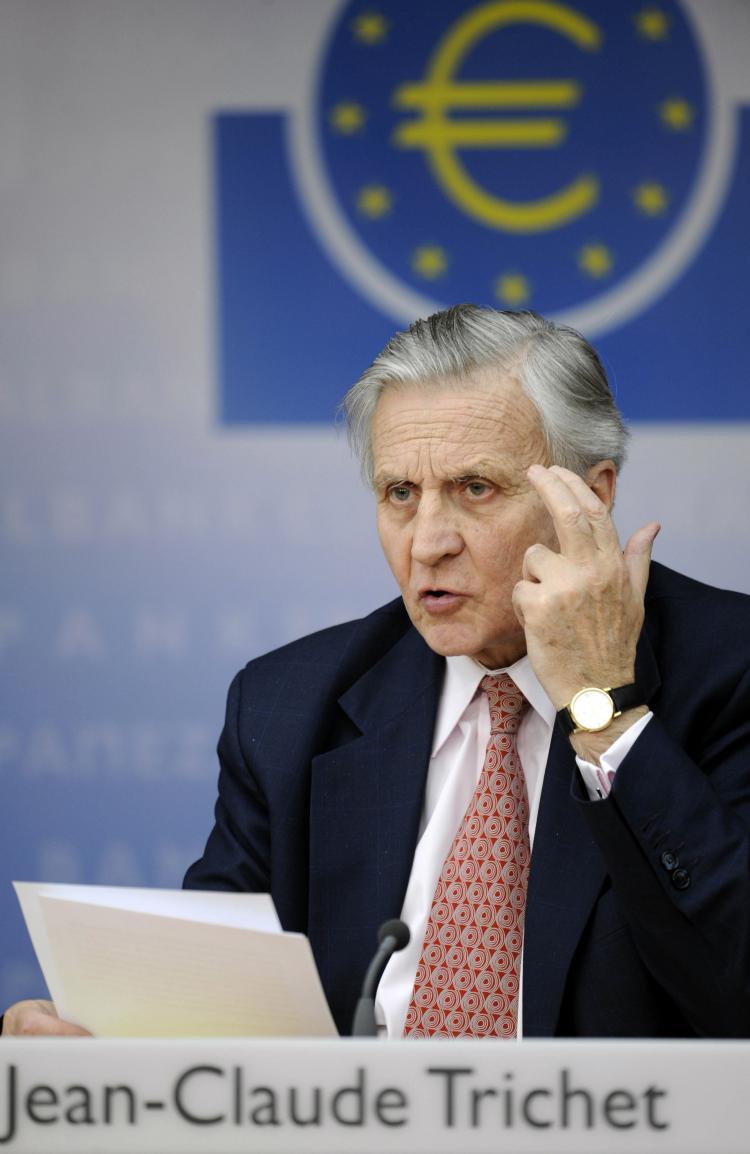Euro’s Drastic Fall Raises Questions On Stability of Currency
Last week, the euro dropped to its lowest rate since last May, reaching 1.36 points against the dollar.

DEBT CHIEF: European Central Bank (ECB) President Jean-Claude Trichet addresses a press conference in Frankfurt/Main, Germany on Feb. 4, 2010. Thomas Lohnes/AFP/Getty Images
|Updated:





